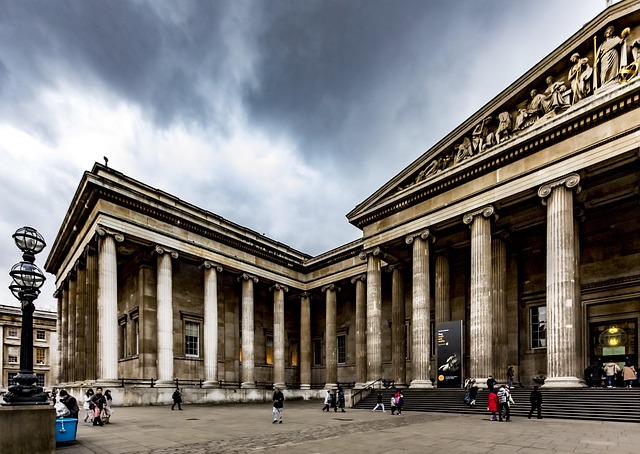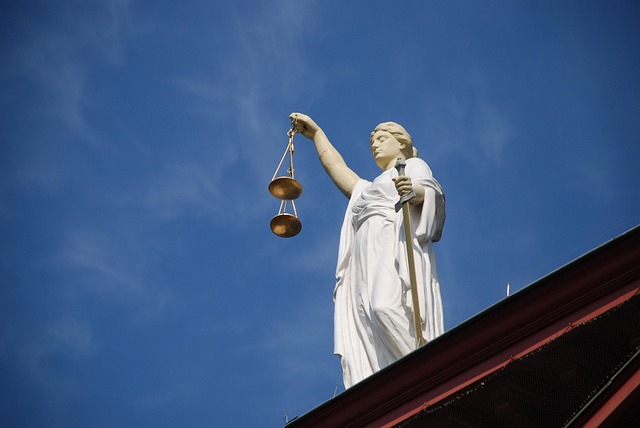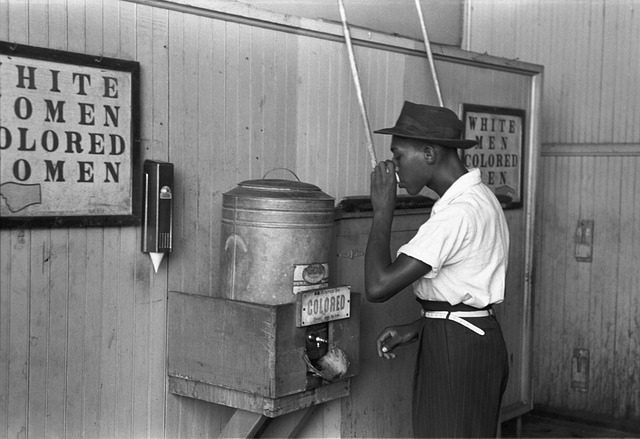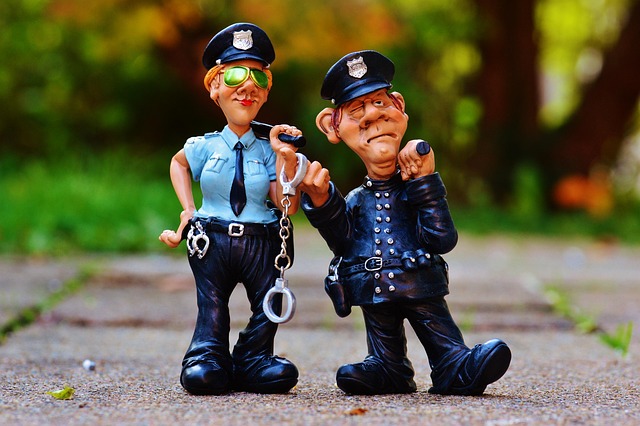
Free Speech Laws in the UK
Free speech is a fundamental aspect of democratic societies, allowing individuals to express their opinions and ideas without fear of government retaliation or censorship. However, the legal landscape surrounding free speech in the United Kingdom is complex and nuanced, shaped by various laws and regulations.
Legal Framework
In the UK, there is no absolute right to free speech. Instead, the right to freedom of expression is protected under Article 10 of the European Convention on Human Rights (ECHR), which has been incorporated into British law through the Human Rights Act 1998. This article guarantees the right to hold opinions and to receive and impart information and ideas without interference by public authority.
However, this right is not without limitations. The UK government can impose restrictions on free speech in certain circumstances, such as to protect national security, prevent disorder or crime, protect health or morals, or protect the rights and reputations of others.
Censorship in Various Forms
Censorship in the UK can manifest in various ways, affecting media, literature, and even public performances. The government and other authorities may regulate content deemed inappropriate or harmful. For instance, laws against hate speech prohibit expressions that incite violence or hatred against particular groups based on race, religion, or sexual orientation.
Moreover, the UK has specific laws regarding defamation, which can lead to legal action against individuals or organizations that publish false statements damaging to a person's reputation. A notable case involved author Simon Singh, who faced a lawsuit from the British Chiropractic Association for his critical remarks about chiropractic practices.
Self-Regulation and Censorship
In addition to government-imposed censorship, self-regulation within the publishing industry can also impact free speech. For example, in 2019, intelligence researcher James Flynn's book, In Defence of Free Speech, was initially accepted for publication but later rejected due to concerns about potential legal repercussions under the UK's hate speech and libel laws. This incident highlights how fear of legal action can lead to self-censorship among authors and publishers.
Public Discourse and Controversy
The balance between protecting free speech and preventing harm is often a subject of public debate. Some argue that existing laws are necessary to protect vulnerable groups and maintain social order, while others contend that these laws can stifle legitimate discourse and criticism.
For instance, discussions around the monarchy and its criticism can also lead to censorship. The UK has specific laws that can penalize individuals for making disparaging remarks about the royal family, which raises questions about the extent of free speech in political and cultural contexts.
Conclusion
In summary, while the UK does provide a framework for freedom of expression, it is accompanied by various restrictions and regulations that can limit this right. Understanding the complexities of free speech laws in the UK is essential for navigating the boundaries of expression in a society that values both individual rights and communal harmony.

















 The Jail Operations Millage in Jackson, MI
The Jail Operations Millage in Jackson, MI 
 Health
Health  Fitness
Fitness  Lifestyle
Lifestyle  Tech
Tech  Travel
Travel  Food
Food  Education
Education  Parenting
Parenting  Career & Work
Career & Work  Hobbies
Hobbies  Wellness
Wellness  Beauty
Beauty  Cars
Cars  Art
Art  Science
Science  Culture
Culture  Books
Books  Music
Music  Movies
Movies  Gaming
Gaming  Sports
Sports  Nature
Nature  Home & Garden
Home & Garden  Business & Finance
Business & Finance  Relationships
Relationships  Pets
Pets  Shopping
Shopping  Mindset & Inspiration
Mindset & Inspiration  Environment
Environment  Gadgets
Gadgets  Politics
Politics 